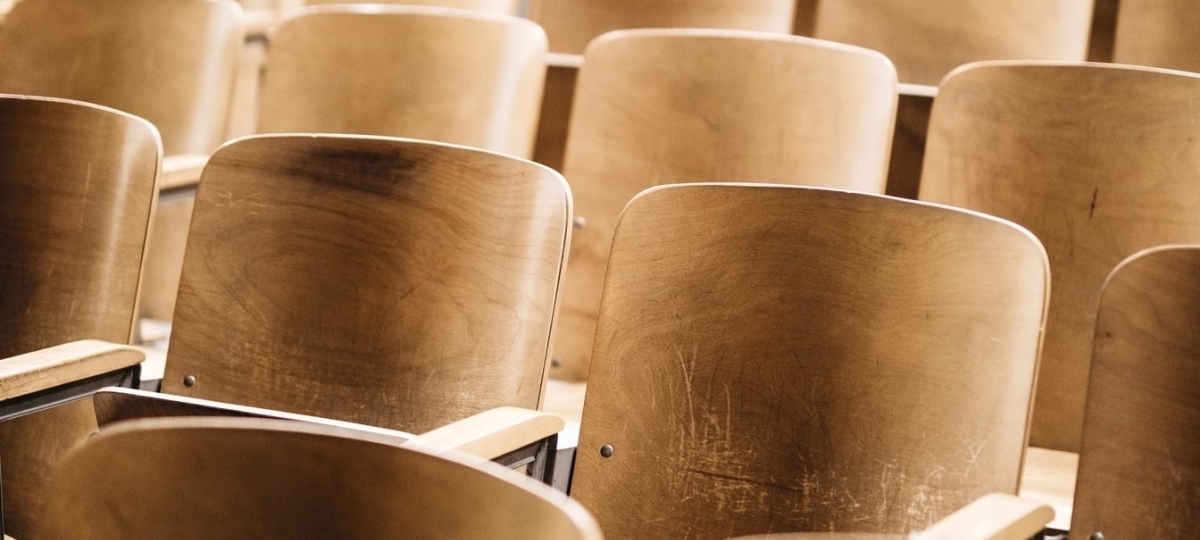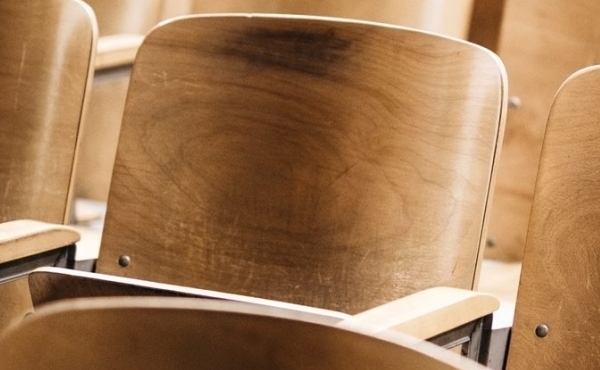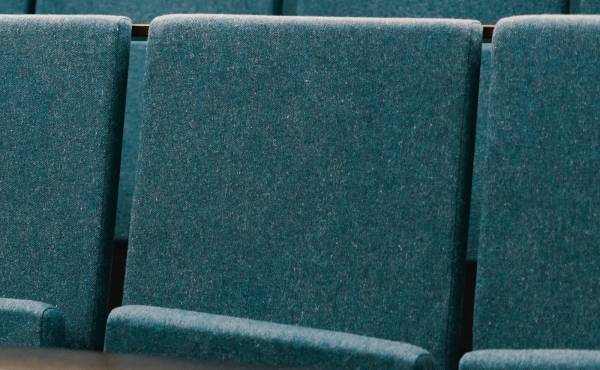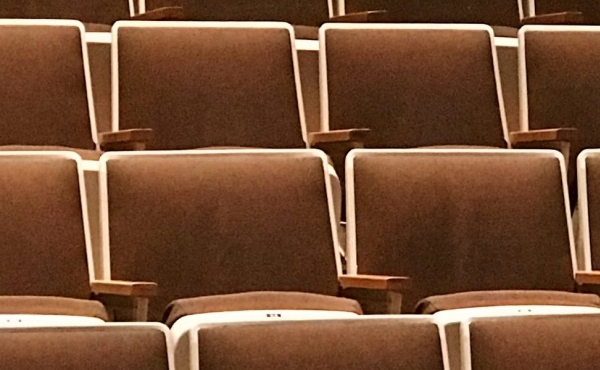Reading and note-making provides strategies to help students select relevant information through lectures, reading, discussion and their own research, as well as approaches for making effective notes that will prove useful later on.
Sample activity: Recognise tasks that you can do in preparation for lectures

Often in lectures your role as a student is to listen and to make notes. The material may be new to you or being discussed in more detail than you are used to.

Fortunately, there are various things you can do before a lecture to help you prepare, so that you might quickly get used to the new ideas, theories and evidence from recent and research that might be discussed.

Often in lectures your role as a student is to listen and to make notes. The material may be new to you or being discussed in more detail than you are used to.
Fortunately, there are various things you can do before a lecture to help you prepare, so that you might quickly get used to the new ideas, theories and evidence from recent and research that might be discussed.
To learn how you could prepare for lectures, select the tabs below.
Points from the video are summarised below.
Time how long it takes for you to read either of the extracts below.
Extract 1 contains 208 words.
Extract 2 contains 450 words.
How do you prepare for a lecture? Are there any techniques discussed here which you might use for future lectures?
Module content
Reading and note-making features the following:
- Diagnostic test
- Section 1: Reading effectively
- Section 2: Making notes while reading
- Section 3: Making notes during lectures
- Module assessment
See what’s in each section below:
Recognise tasks that you can do in preparation for lectures
Often in lectures your role as a student is to listen and to make notes. The material may be new to you or being discussed in more detail than you are used to. Fortunately, there are various things you can do before a lecture to help you prepare, so that you might quickly get used to the new ideas, theories and evidence from recent research that might be discussed.
Below, you can learn how you could prepare for lectures.
Do some reading
Get a feel for the subject. Find an introductory text on the subject. Read it, or at least glance through it. Look for themes, issues, topics and headings. If you come across a technical term that is unfamiliar, look it up.
Ask questions
While you are doing your preparatory reading, write down questions you want answered. Leave space to write answers underneath each question either during or after the lecture.
Form an opinion
You may find it helpful to form an opinion on one or more aspects of your reading. Jot these down. Note whether your opinions change during the lecture.
Look for links
As you prepare, watch for connections between what you are reading and what you know already. Glance through your notes from the previous lecture and look for links with the lecture that will follow.
My journal
How do you prepare for a lecture? Are there any techniques discussed here which you might use for future lectures?




